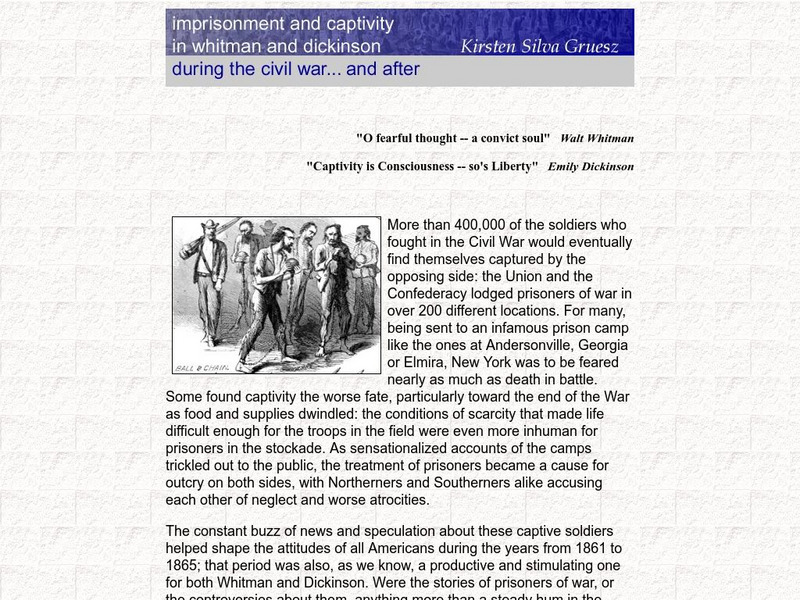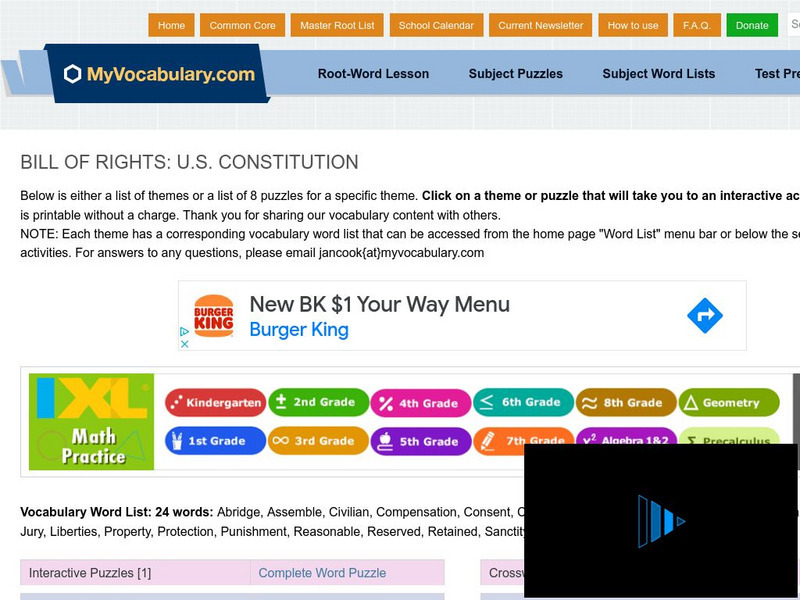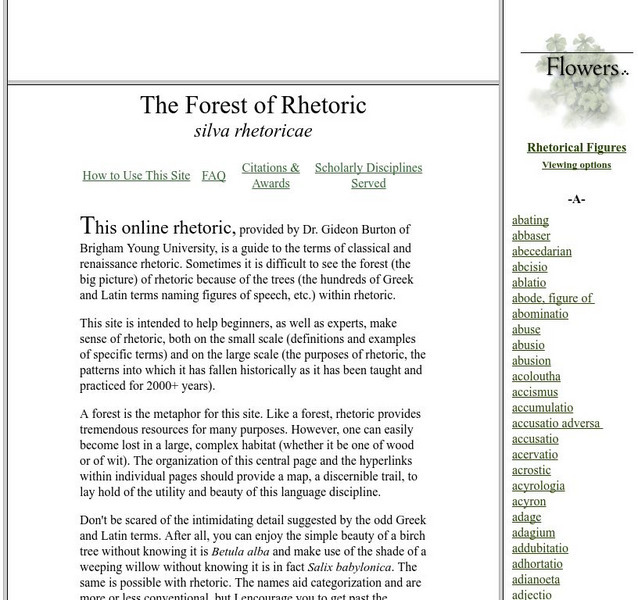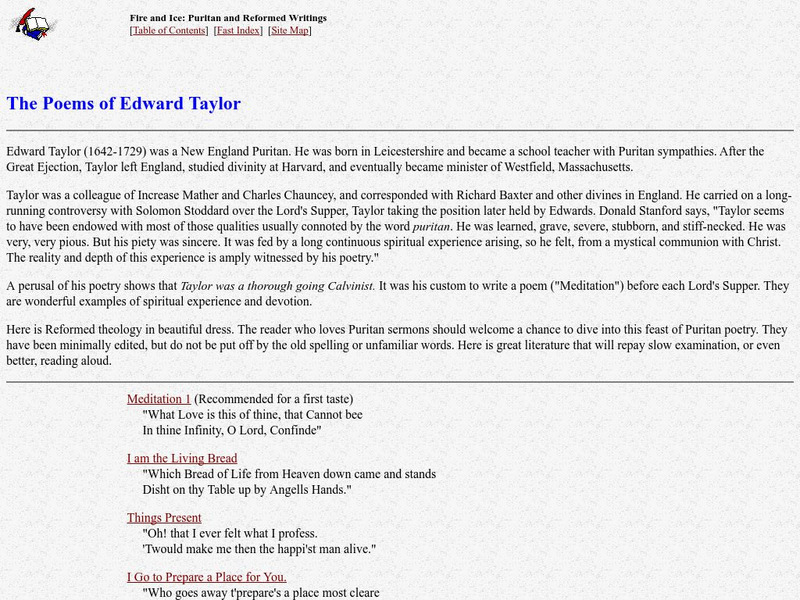Vocabulary.com
Vocabulary From the Articles of Confederation
This site contains a list of 43 words from The Articles of Confederation. Teachers can digitally assign this list to their students to reinforce the spellings, pronunciations, and meanings of these words
Vocabulary.com
The Bill of Rights
This site contains a list of 50 words from the Bill of Rights of the United States Constitution. Teachers can digitally assign this list to their students to reinforce the spellings, pronunciations, and meanings of these words.
English for Everyone
Reading Comprehnsion Assessment: "Battle of Chancellorsville" [Pdf]
Read Theory provides a free reading comprehension assessment that is designed for students in the high school grades. Nine multiple choice questions and three extended response questions are included on the nonfiction reading assessment.
Thomas Jefferson National Accelerator Facility
Jefferson Lab: Reading Passages: The Three Branches of Government
Read and fill in the blanks of this passage explaining the three branches of government. Each blank has a drop-down menu with choices. When you finish, click CHECK MY ANSWERS. If you pick a wrong answer, the right answer will be...
Other
Modernist Poetry
Account of the rise of modernist Persian poetry and its influence on the imagist movement. Links to authors and works.
Other
Imprisonment and Captivity in Whitman and Dickinson
Primary source material, suggestions for critical approaches and classroom activities, a bibliography and some research ideas are all available here.
Other
Institute for American Liberty: The First Principles of the Constitution [Pdf]
This article contains information about the principles used to create the Constitution of the United States.
University of Toronto (Canada)
Representative Poetry Online: Poetry of Helen Hunt Jackson
Contains links to the following poems written by Helen Hunt jackson: "Doubt," "God's Light-houses," "Habeas Corpus," and "September." Also contains a paragraph on her life and works.
Bartleby
Bartleby.com: Cambridge History of Eng and Am Lit: Beginnings of Verse:1610 1808
Provides a brief background about the lack of poetry writing in the early literature of the Middle and Southern colonies.
Bartleby
Bartleby.com: T. S. Eliot
This site offers a brief biography, but more importantly provides online texts of four of Eliot's works: "Prufrock and Other Observations", "Poems", "The Waste Land", and "Sacred Wood" (Eliot's collection of essays on poetry and criticism).
US Government Publishing Office
Ben's Guide to u.s. Government: Declaration of Independence
Written for students, a full text and explanation of the Declaration of Independence, its authors, and background in the American Revolution. Links to related resources.
Vocabulary University
My vocabulary.com: Bill of Rights: u.s. Constitution
This page has some puzzles and activities using terms from the Bill of Rights and the U.S. Constitution. It also provides an extensive word list pertaining to the Constitution.
Academy of American Poets
Poets.org: Herman Melville
From the Academy of American Poets, this site contains a biography of Herman Melville (1819-1891 CE). Discusses the influence of his work as a seaman, as well as the Civil War on his writings. Includes a brief bibliography of works by...
Academy of American Poets
Poets.org: "Gettysburg" by Herman Melville
This site contains the full text of the poem "Gettysburg" by Herman Melville. (1819-1891 CE)
Other
The People's Paths: Remarks Concerning the Savages of North America
Written in 1784, this piece by Benjamin Franklin, considers the relative meaning of civilization and manners while he recalls several anecdotes of interaction between the European settlers and the Natives of North America.
Brigham Young University
Brigham Young University: Forest of Rhetoric
This site is provided for by the Brigham Young University. Almost anything you would want to know about rhetoric and speech is here with great examples and explanations. Intended for a college-level audience, but plenty for younger...
CommonLit
Common Lit: Excerpts From Thomas Jefferson's Writings on American Indians
A learning module that begins with the historical text "Excerpts from Thomas Jefferson's Writings on American Indians" accompanied by guided reading questions, assessment questions, and discussion questions. The text can be printed as a...
Bill Carson
Puritan and Reformed Writings: The Poems of Edward Taylor
Biographical information with an emphasis on personality and poetic themes of Edward Taylor. Contains a list, opening lines, and links to Taylor's major works. Contains quotations from critics.
Bill Carson
Puritan and Reformed Writings: Cotton Mather
Good overview of the life and thought of Cotton Mather. Summarizes his major contributions and lists some of his most important writings.
Maine Historical Society
Maine Historical Society: Longfellow Amongst His Contemporaries: The Ship of State Dbq
Using a number of primary source documents, students will assess the validity of a claim. Practice for testing that includes DBQs, and for critical thinking, close reading skills.
Texas Education Agency
Texas Gateway: Evaluate Tone in Various Media for Different Audiences/purposes
Explain how the tone of a message varies according to audience and purpose.
University of North Carolina
University of North Carolina: Narratives of Amer. South
This site by The University of North Carolina at Chapel Hill, part of the 'Documenting the American South' project, contains information and texts about first-person narratives of the American south. These documents give the viewpoint of...
Lumen Learning
Lumen: Boundless Communications: Logical Appeals
This lesson focuses on using logical appeals in persuasive speeches including inductive and deductive reasoning, inductive reasoning and associative reasoning, forming a rational appeal, and errors in reasoning-formal and informal.
American Rhetoric
American Rhetoric: Robert La Follette: Senate Address:"free Speech in War Time"
This is the text of Robert La Follette's speech to the Senate, "Free Speech in War Time" delivered on October 6, 1917, in the U.S. Senate Chamber, in Washington, D.C.


















